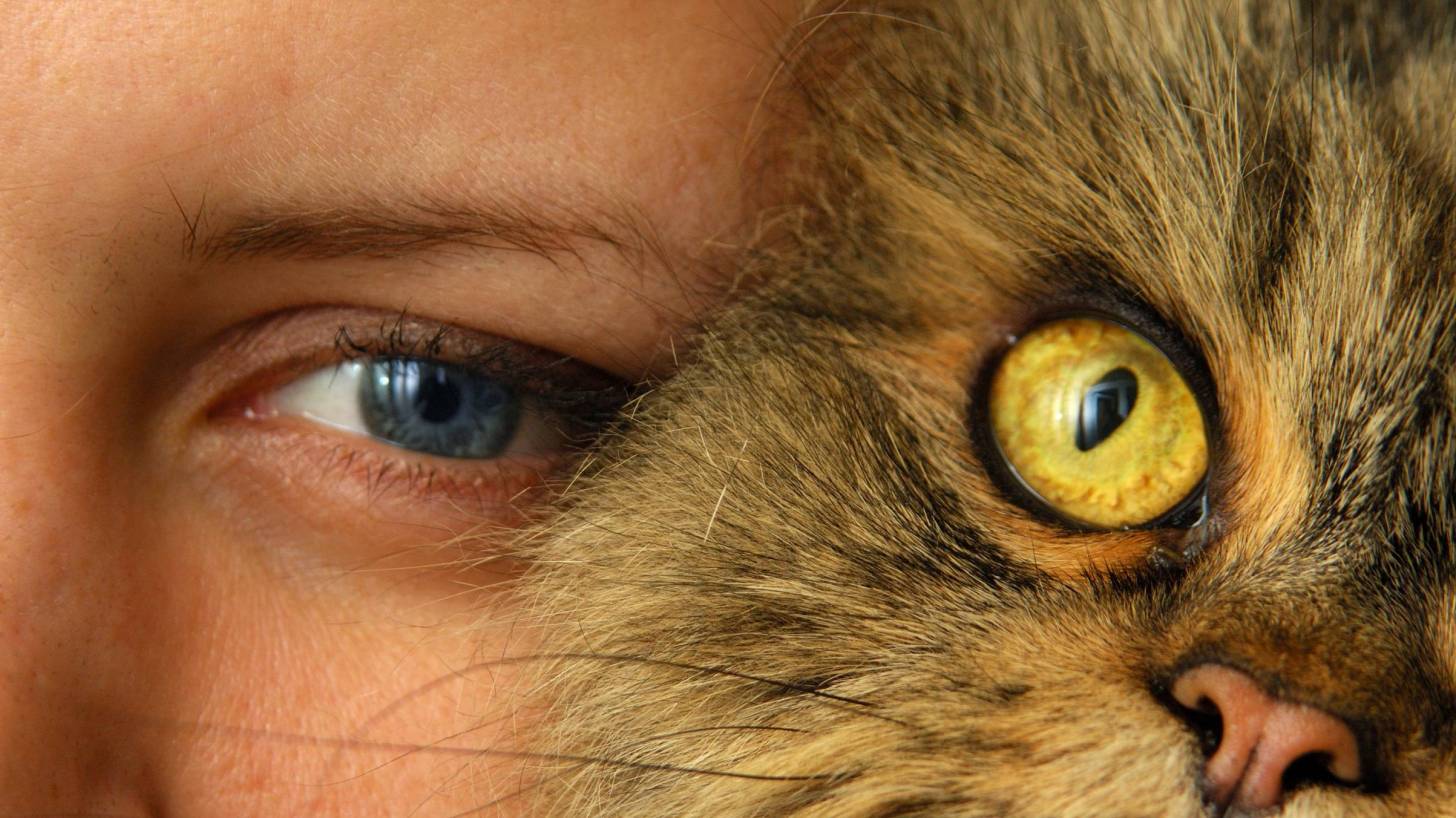Vaccinating Against Psoriasis, Cat Allergies a Possibility

New research has shown how combining the tetanus vaccine with a viral particle could be used to treat psoriasis and cat allergies.
This vaccine candidate can be either preventative, but also therapeutic, meaning they could cure a disease like psoriasis, after it has already been established, according to these researchers.
This new vaccine candidate may be impactful because it would be a more affordable and convenient treatment.
Current psoriasis treatments typically need to be injected at least once a month, and cost thousands annually.
The researchers have already received regulatory approval to initiate testing in humans.
Dr. John Foerster, a dermatologist and clinical senior lecturer at the University of Dundee in Scotland, and Martin Bachmann, a professor of vaccinology at the Jenner Institute in Oxford, U.K.
Dr. Foerster, Prof. Bachmann, and their research team designed this new vaccine by combining an existing anti-tetanus vaccine with a protein from a virus that affects a variety of plants.
The viral protein was taken from the so-called cucumber mosaic virus (CMV) — a virus that received this name because it was first found in cucumbers.
Dr. Foerster said, “The idea is pretty simple – for diseases such as psoriasis or eczema, the newest and most effective medicines on the market are so-called ‘antibodies’, which are what you and I produce against bugs in a common cold.”
“For chronic diseases, these antibodies are specially made against one of the body’s own proteins. By blocking that single protein, the disease gets better.”
“Our research shows that this technique works in mice and, importantly, our new vaccine technology shows that it is likely to be a more effective type of vaccine than existing ones in older people.”
“Since many patients with chronic conditions like psoriasis are elderly this technology may work much better to obtain effective vaccines.”
“To use the example of psoriasis, a protein called Interleukin 17 needs to be active for the disease to progress. By creating a vaccine that stimulates the body to make antibodies against Interleukin 17 itself we can replace the need for frequent and expensive injections and make this type of treatment much more affordable and accessible to patients who could otherwise not afford specially made antibodies,” said Dr. Foerster.
Psoriasis often has a typical appearance that a primary care doctor can recognize, but it can be confused with other skin diseases, like eczema, so a dermatologist is often the best doctor to diagnose it, according to the Centers for Disease Control and Prevention.
The treatment of psoriasis range from creams and ointments applied to the affected areas to ultraviolet light therapy to drugs, such as methotrexate.
The research paper was published in the journal Nature Vaccines. No conflicts of interest were disclosed.
Our Trust Standards: Medical Advisory Committee
- Incorporation of tetanus-epitope into virus-like particles achieves vaccine responses even in older recipients in models of psor
- Methotrexate (Rheumatrex, Trexall, Otrexup, Rasuvo)
- Vaccinating against psoriasis, allergies and Alzheimer’s a possibility, research shows
- Professor Martin Bachmann
- THE TREATMENT OF PSORIASIS WITH VACCINES
- What is psoriasis?


